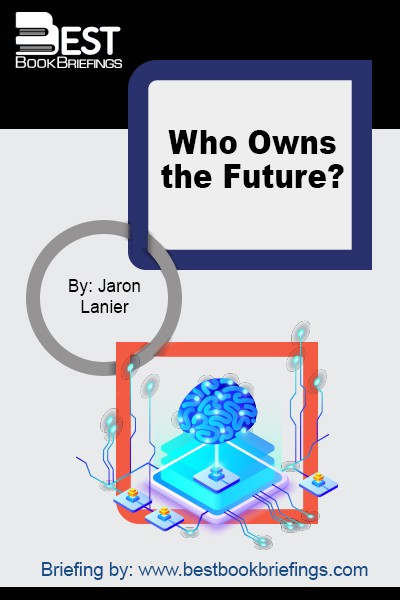Who Owns the Future?
Number of pages: 416
Publisher: Simon & Schuster
BBB Library: Technology and Globalization
ISBN: 9781451654967
Editorial Review
Jaron Lanier is the father of virtual reality and one of the world’s most brilliant thinkers. Who Owns the Future? is his visionary reckoning with the most urgent economic and social trend of our age: the poisonous concentration of money and power in our digital networks.
Book Reviews
Books on Related Topics

Business and political leaders often talk about what their respective countries must do to compete in the world economy. But what does it really mean for a country to compete, and how do they do this successfully? Countries develop strategies to compete for the markets, technologies, skills, and investment that will
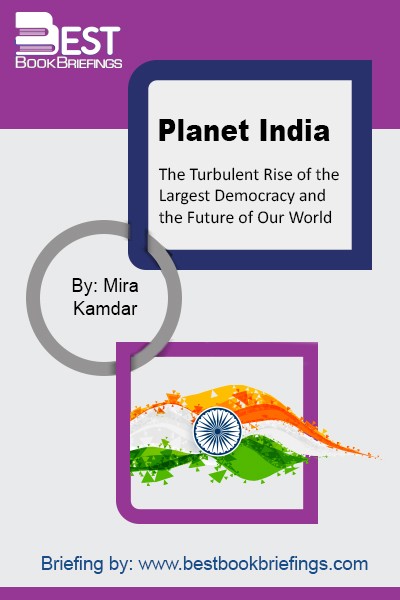
India is everywhere - Indian studios produce animated features and special effects for Hollywood movies; Indian software manages our health records; and Indian customer service centres answer our calls. A country of English speakers and a free-market democracy, with the youngest population on Earth, India is not only the fastest growing

This is not a book about the decline of America, but rather about the rise of everyone else. So begins Fareed Zakaria's important new work on the era we are now entering. Following on the success of his best-selling The Future of Freedom, Zakaria describes with equal prescience a world in
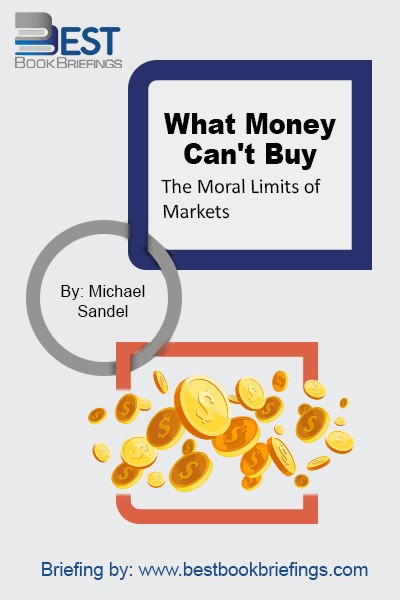
We live at a time when almost everything can be bought and sold. Over the past three decades, markets—and market values—have come to govern our lives as never before. We did not arrive at this condition through any deliberate choice. It is almost as if it came upon us. As the
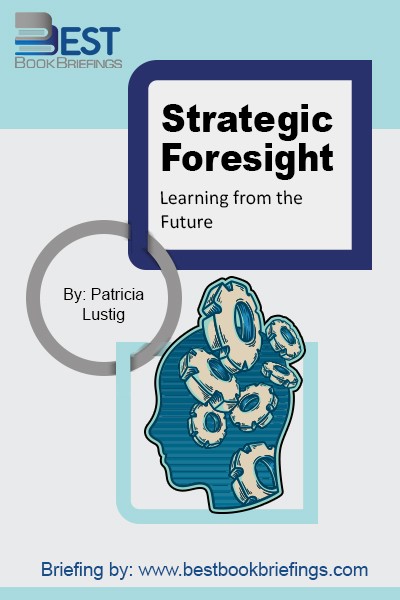
Everyone uses some foresight; most people think about the future at some time and try to make sense of it in their day-to-day lives. Take present-buying: you are using foresight to think ahead to what each person would like to receive (decision-making); to think about where you will find/buy/make each gift

The most important reason of finding your Element is personal. Finding your Element is vital to understanding who you are and what you’re capable of being and doing with your life. The second reason is social. Many people lack purpose in their lives. The evidence of this is everywhere: in the
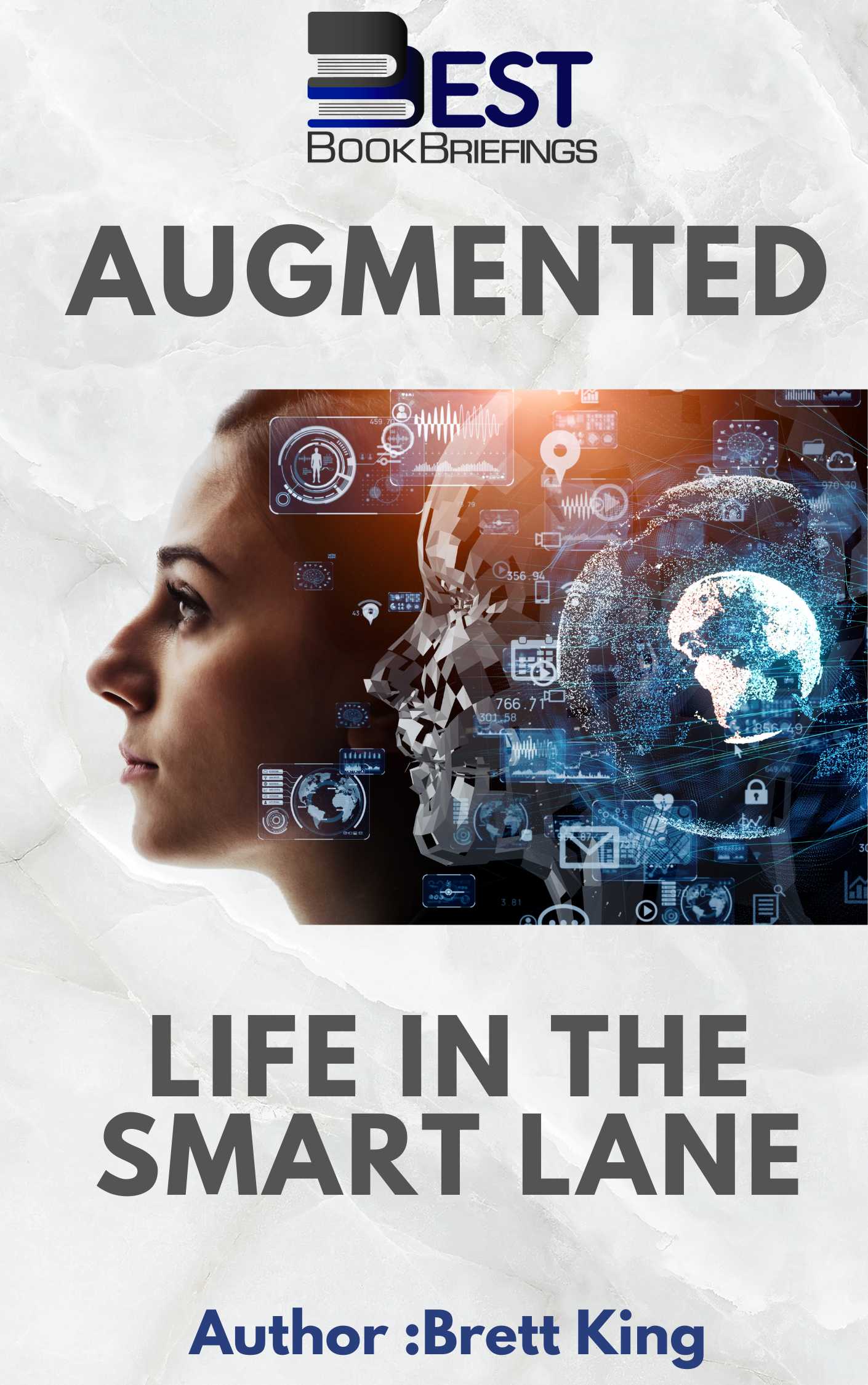
We are closer now to 2030 than we are to the start of the new millennium (2000). The technologies we are exploring today are radically going to redefine the next age of humanity. This next age is called the Augmented Age, because of how radically embedded and personal technology will augment
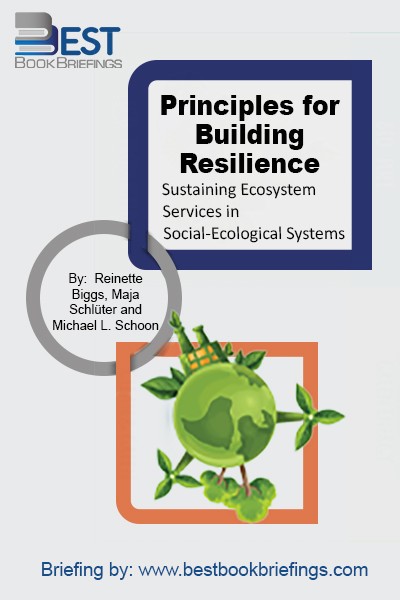
We live in a world of rapid and unprecedented change. There’s growing evidence that the massive scale and extent of human activities such as transport and release of novel chemicals are undermining the capacity of nature to generate key ecosystem services on which we depend. A variety of novel and unpredictable
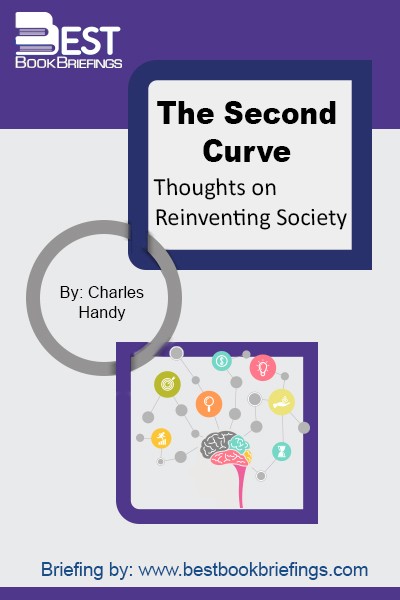
Too many of the customs, practices, and institutions of society were designed for a time that has passed. The Internet and its corollaries are revolutionizing much of our lives. The Western world seems to have gone into retirement mode, settling for a cautious life after the financial scares of the last
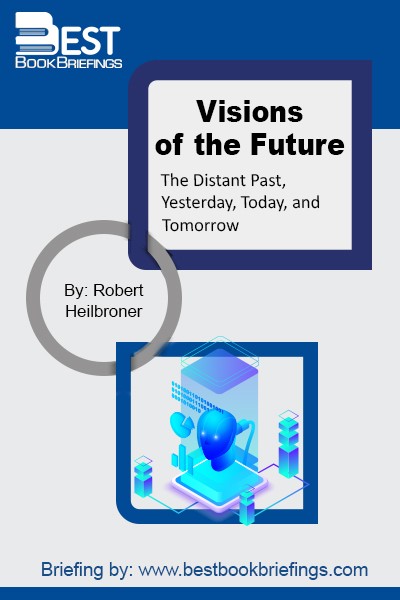
In a brilliant conclusion drawing together the threat of nuclear blackmail, global warming and the growing commodification of life represented by video games, voice mail, and VCRs, Visions of the Future issues a call to face the challenges of the twenty-first century with a new resolve strengthened by the inspiration of
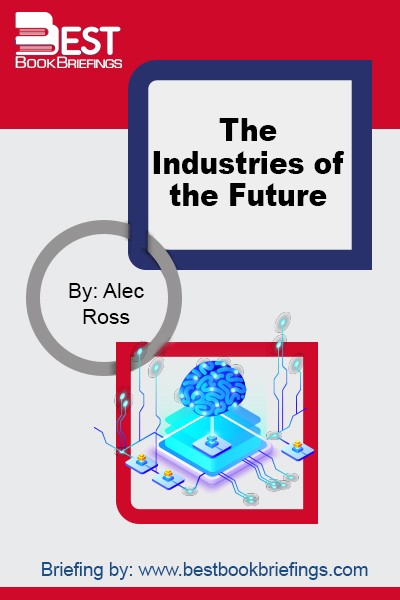
The coming era of globalization will unleash a wave of technological, economic, and sociological change that shook West Virginia in the 20th century and the challenges brought on by the Internet and digitalization as I was leaving college 20 years ago. In business areas as far afield as life sciences, finance,
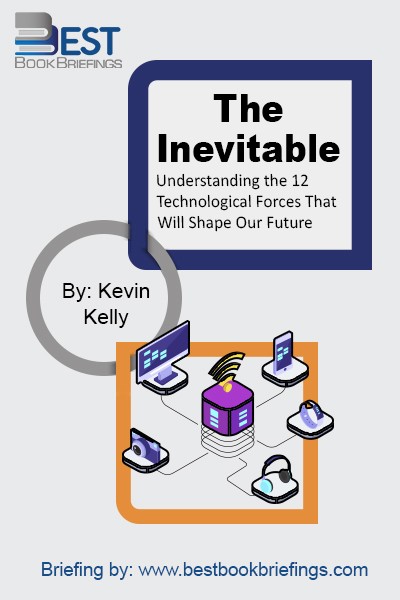
“Inevitable” is a strong word. It sends up red flags for some people because they object that nothing is inevitable. They claim that human willpower can deflect and control any mechanical trend. And when the notion of the inevitable is forged with fancy technology, the objections to a preordained destiny are
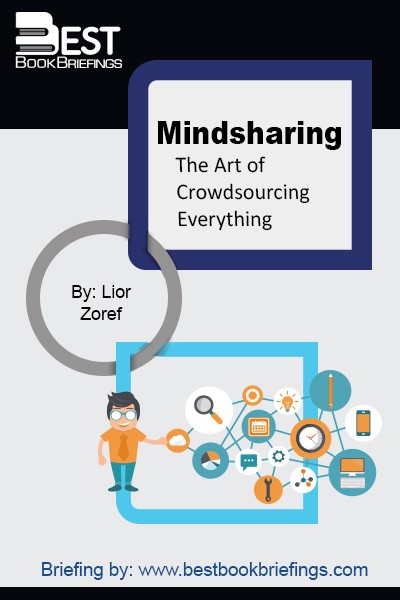
There is a power in crowd wisdom, and this power is harnessed through technology and social media. This book addresses the power of “Mindsharing.” It is a simple way to use the tools and technology already at hand to access and share our greatest human resource. Only this type of mind

Cities worldwide are deploying technology to address both the timeless challenges of government and the mounting problems posed by human settlements of previously unimaginable size and complexity. In Smart Cities, urbanist and technology expert Anthony Townsend takes a broad historical look at the forces that have shaped the planning and design
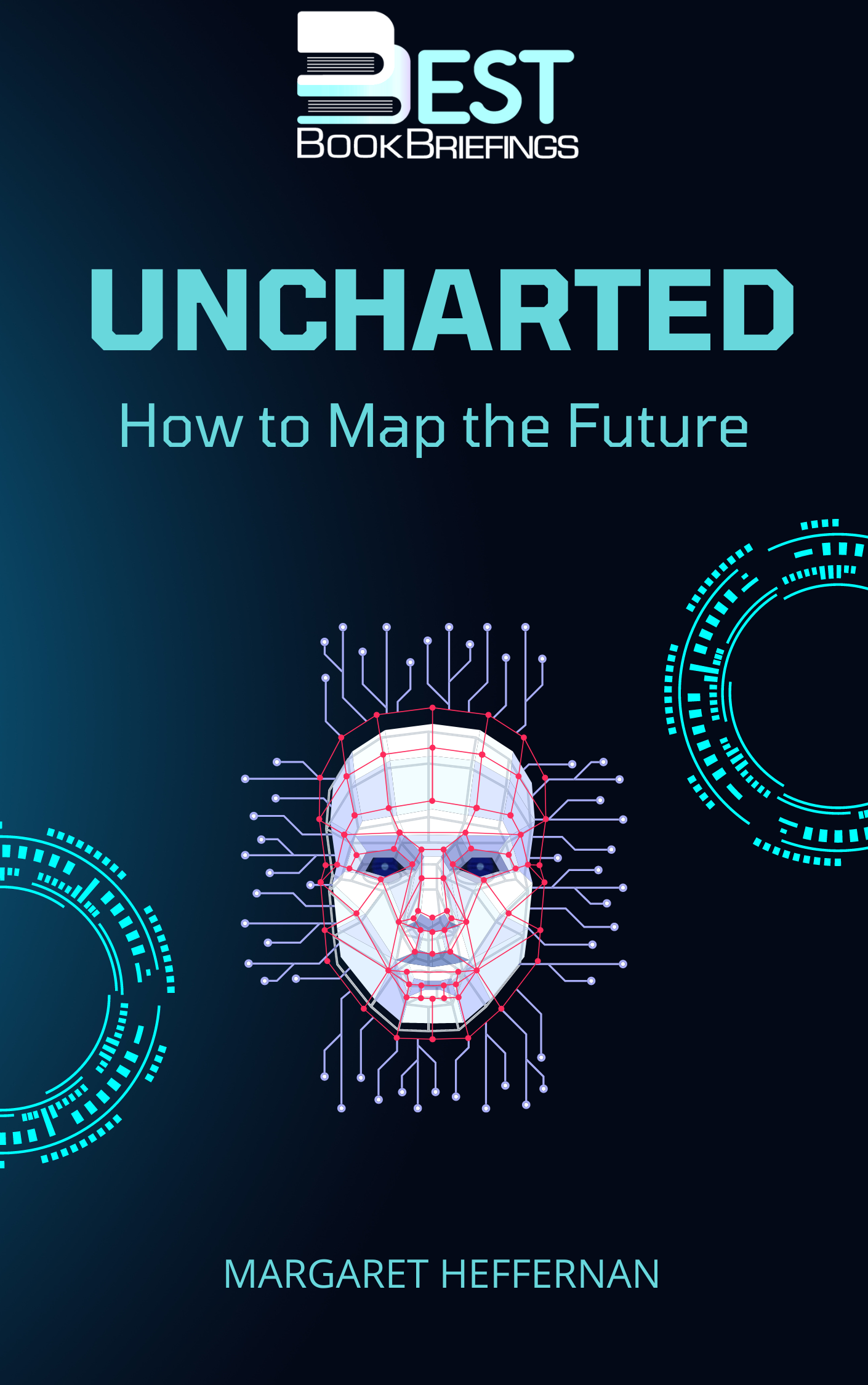
We are addicted to prediction, desperate for certainty about the future. But the complexity of modern life won’t provide that; experts in forecasting are reluctant to look more than 400 days out. History doesn’t repeat itself and even genetics won’t tell you everything you want to know. Ineradicable uncertainty is now

